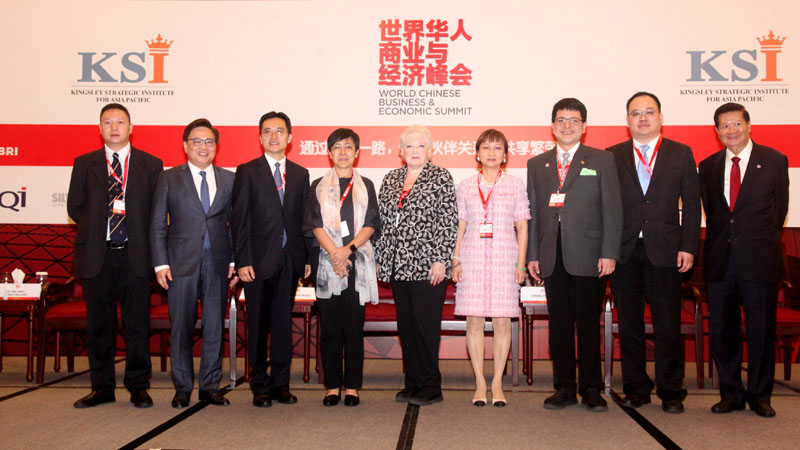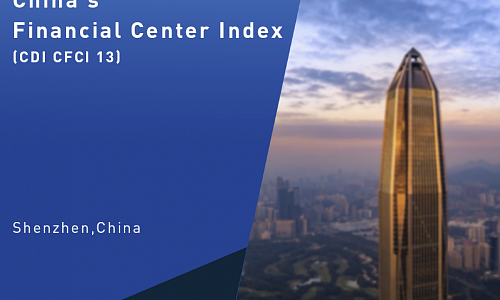China-New Zealand Think Tanks Seminar
Information
On October 15th, 2019, the China Development Institute,Scion and the New Zealand China Council jointly held the China-New Zealand Think Tanks Seminar in New Zealand. The participating experts and scholars from China and other countries discussed the new opportunities for cooperation between the two countries in such areas as economy and trade, sustainable development, and new technology under the framework of the Belt and Road Initiative (BRI).
Date: October 15, 2019
Venue: Scion, Rotorua, New Zealand
Host: CDI, Scion and the New Zealand China Council
Theme: China-New Zealand Cooperation on Belt and Road Initiative: Innovation and Breakthroughs
RCEP Can Give Boost to International Trade
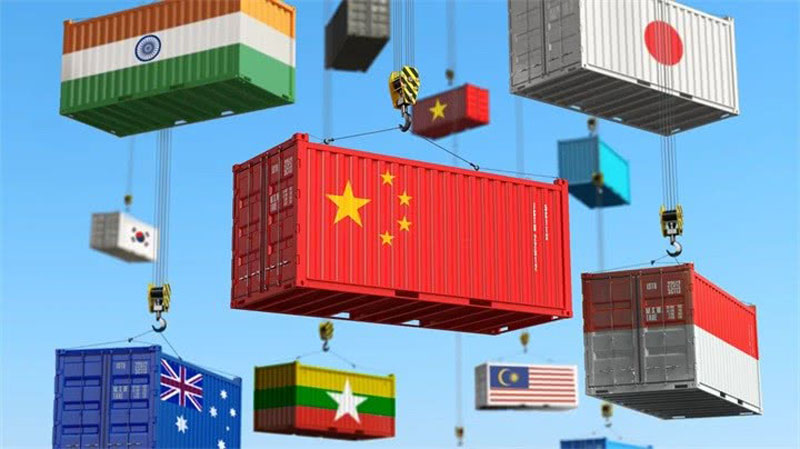
India’s sudden withdrawal has hit negotiations involving 16 countries of the Regional Comprehensive Economic Partnership treaty, which is expected to conclude this year. The RCEP is a proposed free trade agreement between the countries of the Association of Southeast Asian Nations, and six states with which ASEAN has FTAs.
China needs to remain open towel coming India to join the RCEP whenever it is ready, deepen reform and opening-up to benefit countries entering the Chinese market, and mediate among different countries to ease trade frictions to contribute to the conclusion of RCEP negotiations, which can inject fresh impetus to global trade.
With a population of about 3.5 billion, this trading bloc has a total gross domestic product of more than $21 trillion, accounting for more than 30 percent of global trade. If the RCEP is finalized, it will be the world’s largest regional FTA.
The RCEP is more accessible to developing nations. Its framework complements the World Trade Organization by covering traditional issues such as goods trade, dispute settlement and service trade as well as new ones, including investment intellectual property, digital trade, and finance and telecommunication.
It plans to cut restrictions and discriminatory measures especially in the field of service trade. The RCEP can lay the foundation for developing countries participating in the treaty to get involved in higher FTA levels in the future, which is significant for promoting free trade between member countries in the era of globalization.
Since WTO reforms have not yet been launched, the RCEP will offer great opportunities for global trade, especially for China. Due to factors such as the unilateralism of some major countries, the number of permanent WTO judges has come down from seven to three, with the tenure of one of them concluding by the end of this year.
Participation in the RCEP will be an important approach for China to cope with Sino-US trade frictions and stabilize its foreign trade growth in the short term. In the long term, it is expected to promote China’s high-level opening-up and further its participation in regional integration.
China will further expand its economic and trade partners among the RCEP member countries and make greater contributions for maintaining the prosperity of the Asia-Pacific region.
It will also share its experiences and help RCEP member countries enhance confidence in free trade and combine the RCEP framework with the Belt and Road Initiative to produce joint results.
At present, all parties have reached consensus on more than 90 percent of the agreement text. However, the China-United States and Japan-Republic of Korea trade frictions, and India’s withdrawal, continue to pose challenges.
India has concerns about the potential negative impact of imports and lacks confidence in the competitiveness of the domestic industry. It has filed many anti-dumping cases against China, and has established a complicated non-tariff system to protect the domestic market.
In this regard, China first needs to promote to the member countries to adopt more proactive and pragmatic strategies toward the conclusion of negotiations while respecting ASEAN’s dominant role.
China needs to uphold the principle that the 15 RCEP countries can go ahead with the agreement that is open to India, which reflects China’s openness toward foreign cooperation as well as its determination to adhere to multilateralism and trade liberalization.
Second, some Southeast Asian countries are concerned that domestic markets may bear the brunt of China’s exports once the RCEP treaty is concluded. China needs to further reform and open up, show the huge potential of the Chinese market to enterprises and investors of other countries participating in the RCEP, and encourage countries to invest in China and facilitate RCEP negotiations.
The second China International Import Expo recently held in Shanghai allowed foreign enterprises to see the great returns of tapping into the Chinese market and demonstrated China’s confidence as the world’s largest market. The Foreign Investment Law will come into effect in 2020, when foreign investment and business activities in China will be more secure.
Third, China needs to further play its role as a mediator. Since Japan- ROK economic and trade frictions are showing no signs of easing in the short term, China needs to respect the dominant role of ASEAN while continuing to mediate between countries as a major power and promoting countries participating in RCEP negotiations to adopt more proactive pragmatic strategies, which can turn risks into opportunities, and lay the foundation for future negotiations for the China-Japan- ROK Free Trade Zone and the China-India trade agreement.
In the era of globalization, RCEP member countries need to remain open and inclusive, participate in negotiations proactively and promote regional integration to better cope with challenges caused by anti-globalization and trade protectionism.
As the world’s largest regional agreement, the RCEP will serve as a multilateral cooperation platform for member countries, provide a new approach for countries to address problems, advance cooperation in the Asia-Pacific region and give new impetus to global trade.
Greater Bay Area: New Opportunities for the Development of Shenzhen and Hong Kong
Information
On October 11, 2019, China Development Institute and the AmCham Hong Kong jointly held a seminar on "Greater Bay Area: New Opportunities for the Development of Shenzhen and Hong Kong ". Against the backdrop of the development of the Greater Bay Area, experts and scholars from China's mainland and Hong Kong discussed various topics including the impact of the construction of the Shenzhen demonstration pilot zone for socialism with Chinese characteristics on Hong Kong's economy, challenges faced by Hong Kong's economic and social development, and new opportunities for talent exchange and cooperation in the Greater Bay Area in the future.
Date: October 11, 2019
Venue: Room 101, CDI Mansion, Shenzhen
Host: CDI
Theme: Greater Bay Area: New Opportunities for the Development of Shenzhen and Hong Kong
New deregulation measures expected to boost cross-border trade and investment
The economy is showing various signs of weakening. In Q3, GDP was up 6% y/y, down 0.2 pps from Q2, and down 0.5 pps from Q3, 2018. Industrial output was up 5% y/y, down 1 pp from Q3, 2018. Investment was up 4.7% y/y, down 0.8 pps from Q2.
Retail sales of social consumption goods were up 7.6% y/y, down 1 pp from Q2, and down 1.4 pps from Q3, 2018. Sales’ real growth rate was 5.7% y/y, down 0.8 pps from both Q2 and Q3, 2018. Imports fell 2.9% y/y, down 5.2 pps from Q2, and down 21.9 pps from Q3, 2018. Exports rose 3.9% y/y, down 1.8 pps and 6.4 pps from Q2 and Q3, 2018 respectively. The trade declines were mainly caused by the weakening global economy, and trade war with the United States.
In Q3, CPI rose 2.9% y/y, up 1.1 pps from Q1, continuing its appreciation trend. Producer prices turned to negative growth. The ex-factory price index of industrial goods fell 0.8% y/y, and PPI fell 1.2% y/y, both down 1.3 pps from Q2. Higher CPI raised policymakers’ concern, leading to tightening monetary policy. At the end of September, M2 was up 8.4% y/y, the same as in June. M1 was up 3.4% y/y, down 1 pps from the end of June.
On October 23,the State Council announced 12 detailed measures to better facilitate cross-border trade and investment, including by improving foreign exchange management, and by further streamlining regulatory requirements, with a view to using a more enabling business environment to attract foreign investors. We believe these detailed plans complement the central leadership’s promise early this year of keeping China more open, in contrast to the rise of protectionism in some other countries. The plans are very detailed, and are expected to have an immediate positive impact on trade and foreign investment, and therefore on aggregate economic growth.
CDI Delegation Attends World Chinese Business and Economic Summit
The 2019 World Chinese Business and Economic Summit, co-organized by CDI, was held in Macao on October 17. Discussion surrounded better ways to connect within the GBA, for example free flow of talents among the different jurisdictions, e-payment system that services the different currencies, air transportation between the rivers etc.Dr. Wang Wanli, Executive Director of Hong Kong, Macao and Reginal Development Research Department of CDI, spoke on Shenzhen’s role in Guangdong-Hong Kong-Macao Greater Bay Area development.
Fan Gang
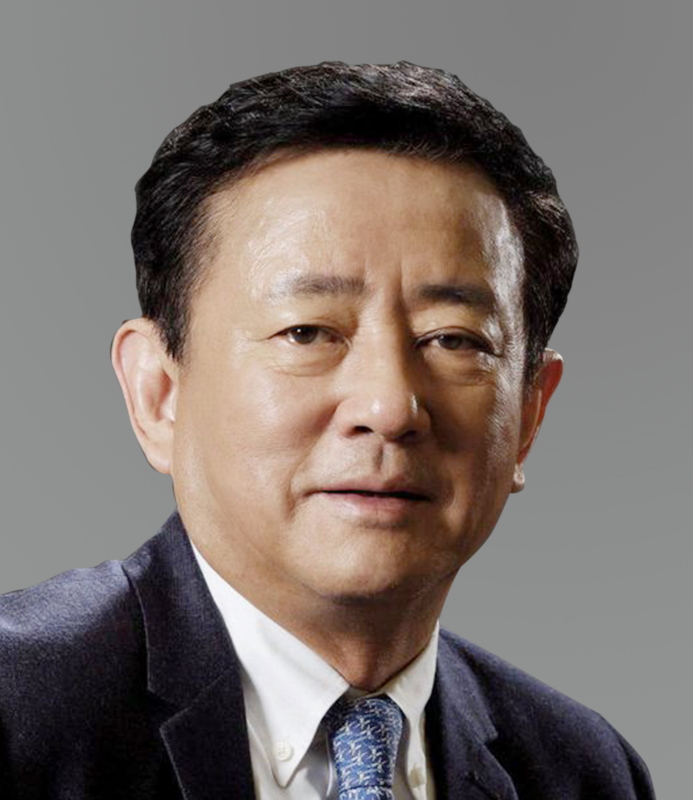
Prof. Fan Gang is President of China Development Institute (CDI) in Shenzhen, China, Director of National Economic Research Institute (NERI) and Chairman of China Reform Foundation in Beijing, China. He is Professor of Economics at Peking University (PHBS) and at the Graduate School of the Chinese Academy of Social Sciences (CASS). He is a guest professor at a number of universities and graduate schools.
He served as an independent member of the Monetary Policy Committee of China’s Central Bank from 2006 to 2010, and again since 2015, and is an advisor to various departments of the Chinese central government and provincial governments. He served as an economic consultant to various international organizations and played leading roles in research projects commissioned by the World Bank, ADB, UNDP, OECD, etc.
His publications include over 100 academic papers published in Chinese and English academic journals and 12 books on macroeconomics and economics of transition. He received Doctor Honoris Causa degrees (Honorary Doctorates) from the University of Auvergne (France) and the Royal Roads University (Canada), in 2004 and 2011 respectively, and was listed as one of the “World’s Top 100 Public Intellectuals” jointly by Foreign Policy and Prospect in 2005 and 2008 consecutively, and one of “100 Global Thinkers” by Foreign Policy in 2010.
He received his Ph.D. in economics from the Graduate School of the Chinese Academy of Social Sciences in 1988.
Guo Wanda
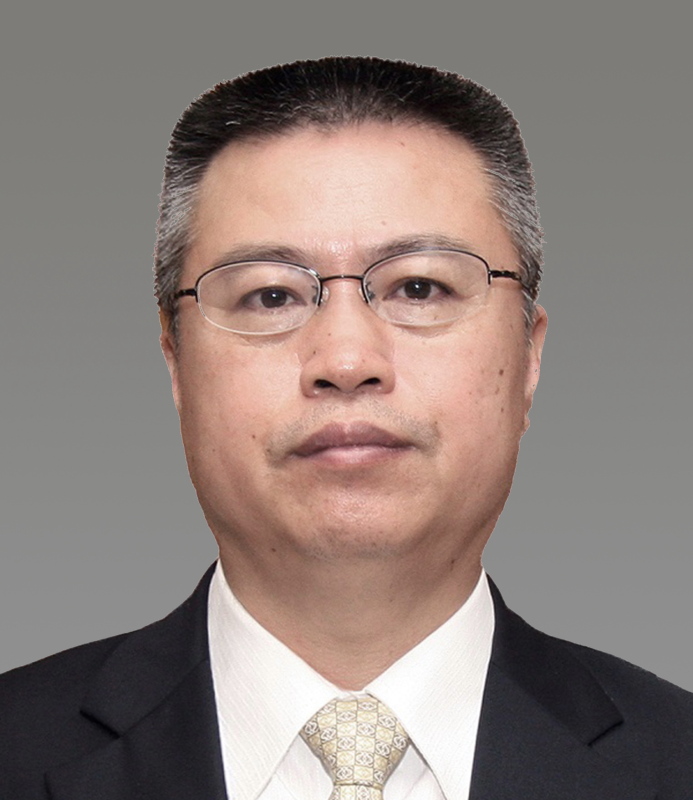
Dr. Guo Wanda is Executive Vice President of China Development Institute (CDI) and Vice Chairman of Chinese Association of Hong Kong & Macao Studies.
He specializes in macroeconomics, economic and social development of Hong Kong and Macao, Guangdong-Hong Kong-Macao cooperation, low-carbon economy, urbanization and industrial economics. He played leading roles in research projects commissioned by Chinese central and local governments. His published books include Rethinking China’s Urbanization and Metropolis, Migrant Workers’ Early Retirement: Theory, Evidence and Policy, Low Carbon City: A Non-Regret Opinion, and Perspective on the Development between Shenzhen & Hong Kong and the integration of the PRD Region, etc. He was awarded Chevening Fellowship by the British government in 2008.
He received his Ph.D. in economics from Nankai University.
Qu Jian
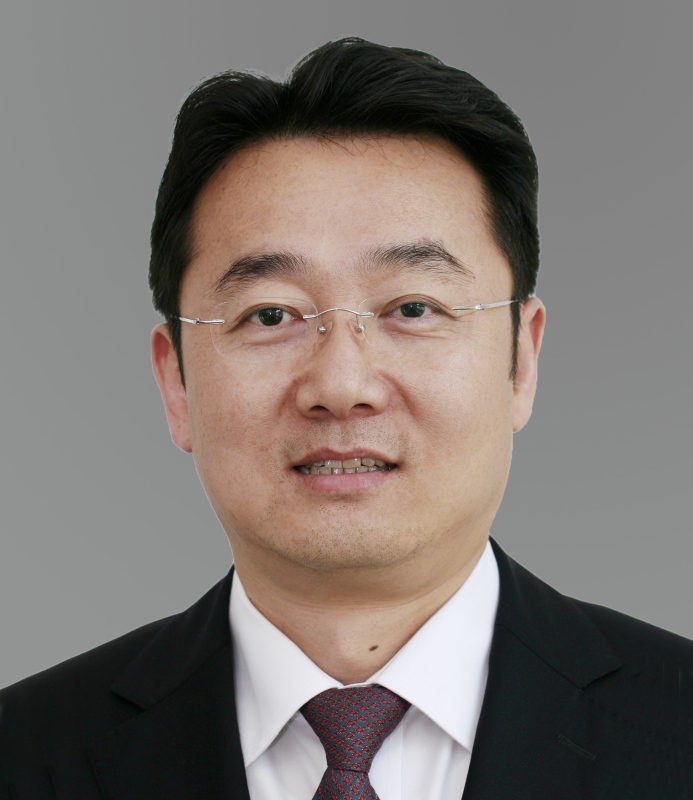
Dr. Qu Jian is Vice President of China Development Institute (CDI). He serves as an expert of the MOFCOM and a SEZ consultant of ADB.
He specializes in industrial economics, regional economics, special economic zones and industrial parks. He played leading roles in more than 100 research projects for policy makers and businesses from home and abroad. He provided consultation on master planning, industrial planning, spatial planning, investment feasibilities and legislation proposals for special economic zones and industrial parks in many countries, including Ethiopia, India, Republic of Congo, Kenya, Sri Lanka, Pakistan, etc.
He received his Ph.D. in economics from Nankai University.
Wu Hao
Research Associate
Research Focus
Industrial Planning, Industrial Park, New Economy, Business Strategy, Urban Development, Regional Economics, and Investment
Education
Master of Economics, Central South University
Projects
Industrial Plan of Urban Renewal Unit of Zhaobangji Group in Luohu, Shenzhen, 2016
Industrial Plan of Urban Renewal Unit of Airmate Industrial Area, 2016
Industrial Plan of Urban Renewal Unit of Yuesite Industrial Area, 2016
Industrial Plan of Urban Renewal Unit of Peihong Electronics Industrial Area, 2016
Study on Development Strategy for Shenzhen Rongda Biotech Co., Ltd, 2016
Feasibility Study on IPO of Shenzhen New Land Tool Co., Ltd, 2016
Analysis of Economic Performance of Luohu District, Shenzhen in 2016, 2016
Contact
Email: wuhao@cdi.org.cn
Tel: +86-755-8247 0330
Wang Zhen
Senior Research Fellow and Vice Director, Department of Regional Planning and Development
Research Focus
Macroeconomics, Belt and Road Initiative, Opening-Up Policy, Regional Economics, Special Economic Zone, Industrial Planning, International Trade, and Business Strategy
Education
Master of Economics, Sun Yat-Sen University
Projects
Consultation for Kilifi Industrial Park in Kenya, 2016
Consultation for Special Economic Zone (SEZ) in Pointe Noire, Republic of Congo, 2016
Study on Free Trade Map of Countries and Regions along the “One Belt and One Road” (“OBOR”), 2016
Development Strategy of Ethiopian Industrial Park (Special Economic Zone), 2015
Study on Upgrading "Going Out" Strategy, 2015
Development Model and Empirical Study on Special Economic Zones in China, 2015
Project of Ethiopian Special Economic Zone, 2014
The Research of Strengthening the Cross-strait Cooperation of Industrial Parks (Taiwan), 2013
Policy Study on Regulatory Framework for Industrial Relocation in China, 2012
Publications
Xiang, H., Fan, G., Guo, W., Qu, J., Chen, X., Feng, Y., . . . Zhou, J. (2015). China’s Opening Up Beige Book (2014-2015). Beijing: China Economic Publishing House.
Huang, M., Shi, W., Qu, J., Song, C., Zhang, X., Zheng, Y., . . . Wang, Z. (2015). Development and Practice of Modern Logistics Industry in Shenzhen. Beijing: China Economic Publishing House.
Qu, J., Wang, Z., Liu, R., Peng, J., Liu, G., Ge, B., . . . Guan, L. (2013). Transformation and Upgrading of China’s Processing Trade. Beijing: China Economic Publishing House.
Contact
Email: wangzhen@cdi.org.cn
Tel: +86-755-8247 1531






